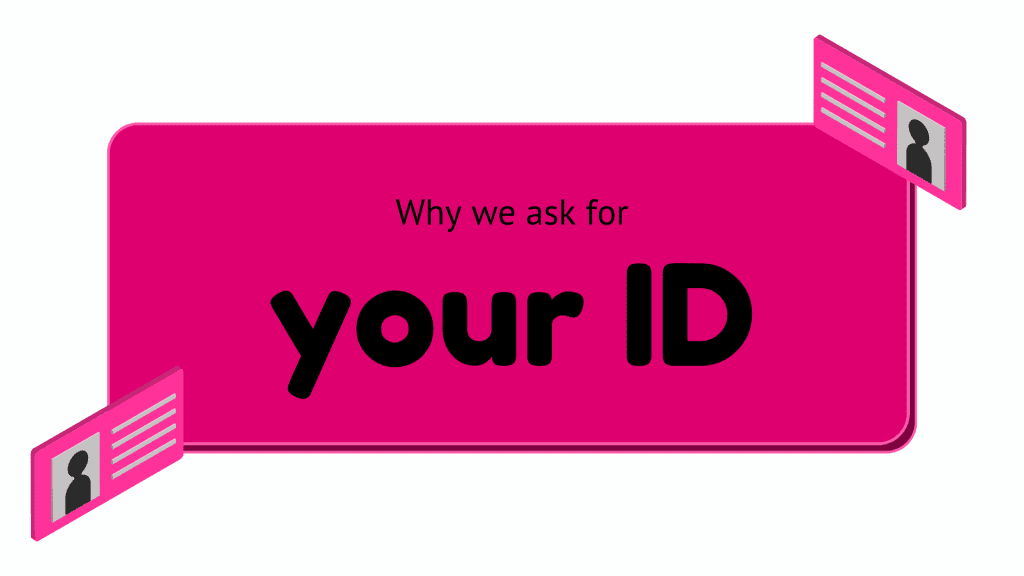
As part of our onboarding process we ask all of our clients for two pieces of ID. You might be…

As part of our onboarding process we ask all of our clients for two pieces of ID. You might be…
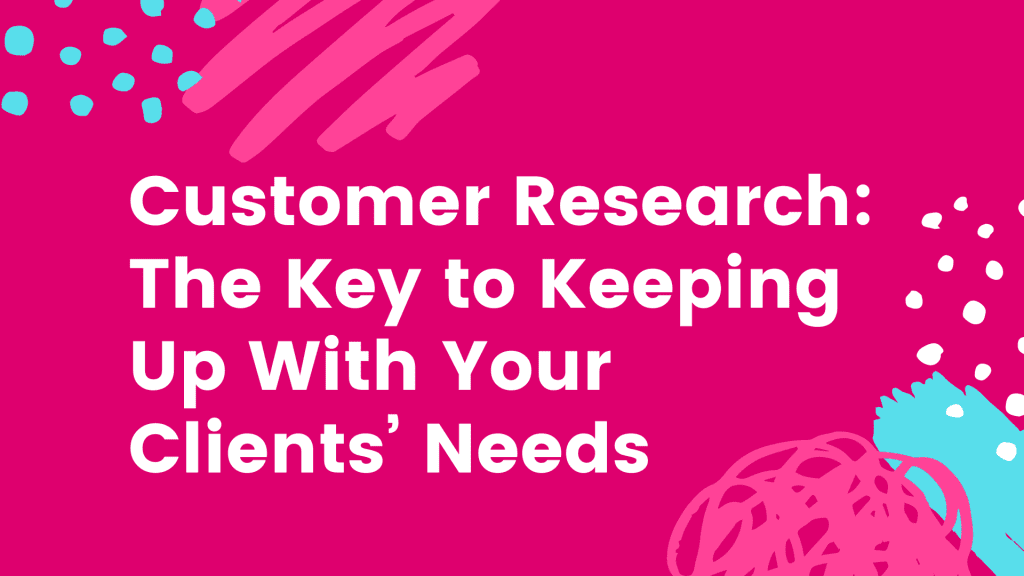
As our businesses grow and evolve, so do the needs of our clients. It is important that our customers always…
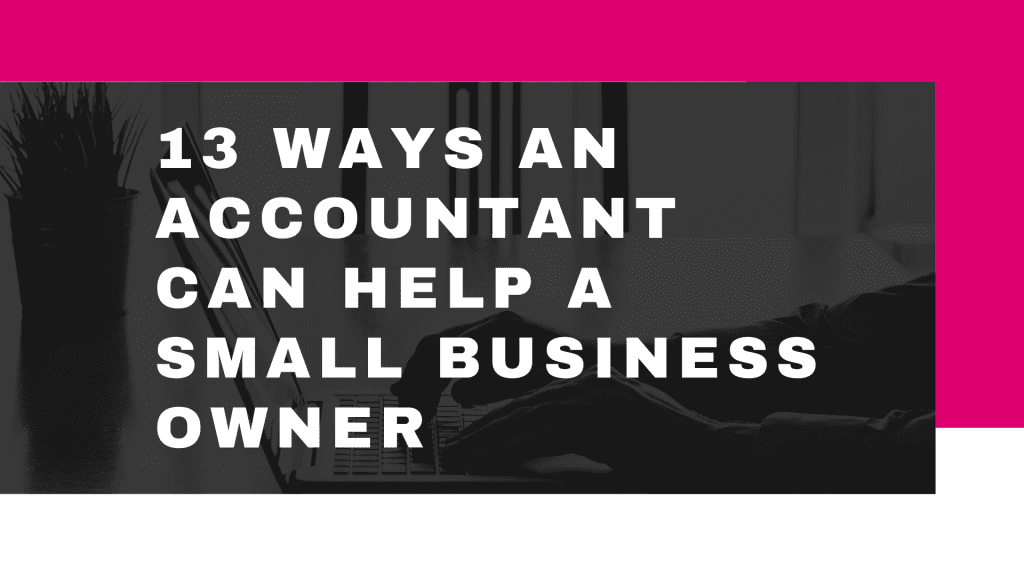
There are two huge mistakes that many start-ups or small business owners make. The first one is trying to manage…
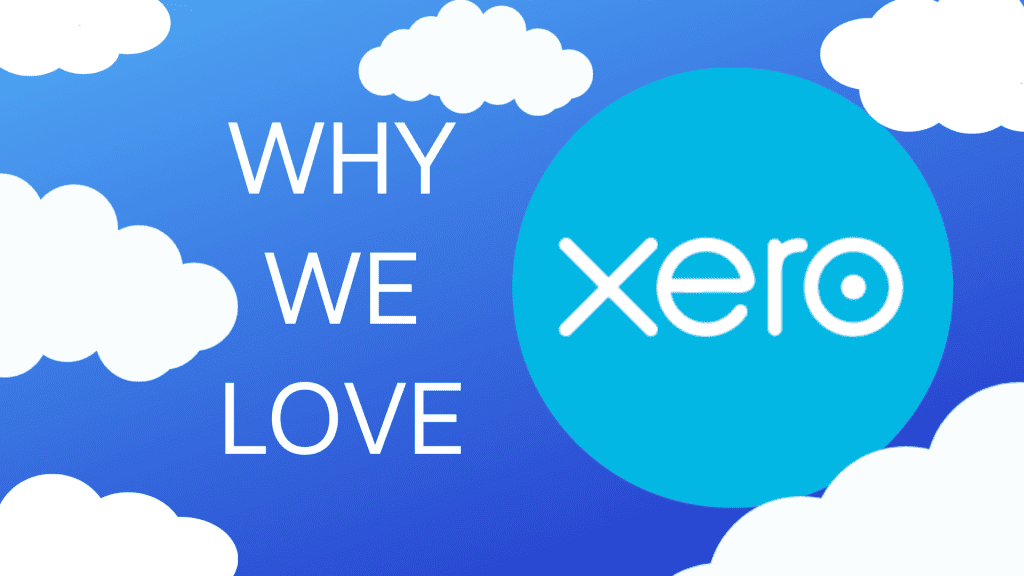
It’s no secret that we love Xero! It is the accounting software that we recommend to absolutely all of our…
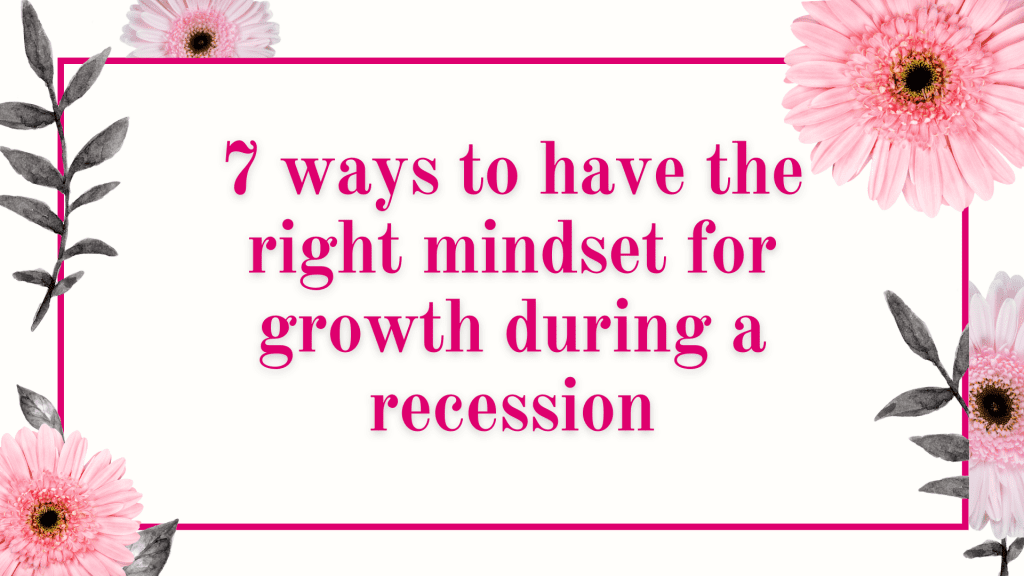
A fixed mindset is thinking that the recession means business stops and clients don’t want to spend money. A growth…
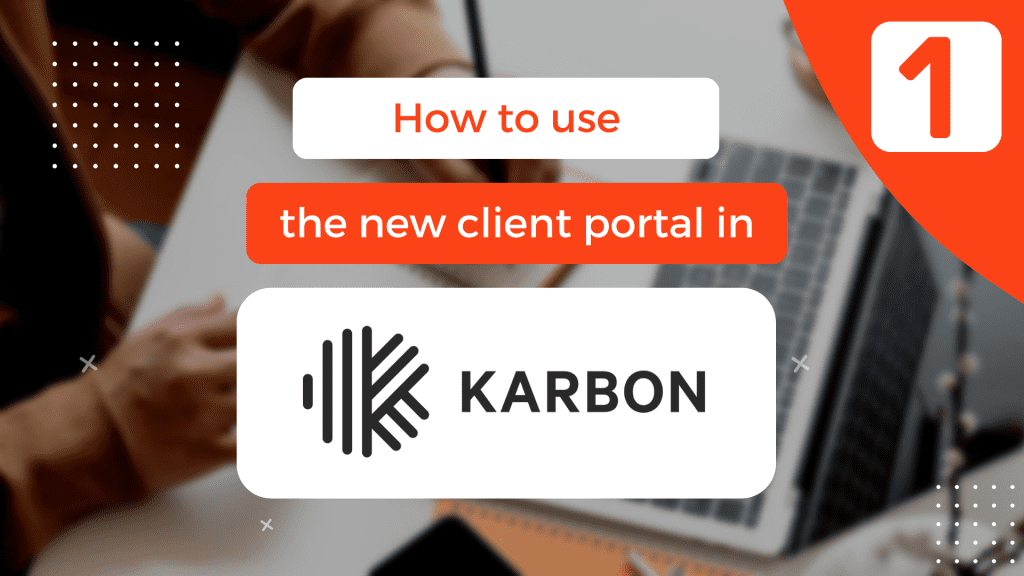
Welcome to the 1 Accounts client portal! This portal is an online management system that allows you to easily and safely send,…
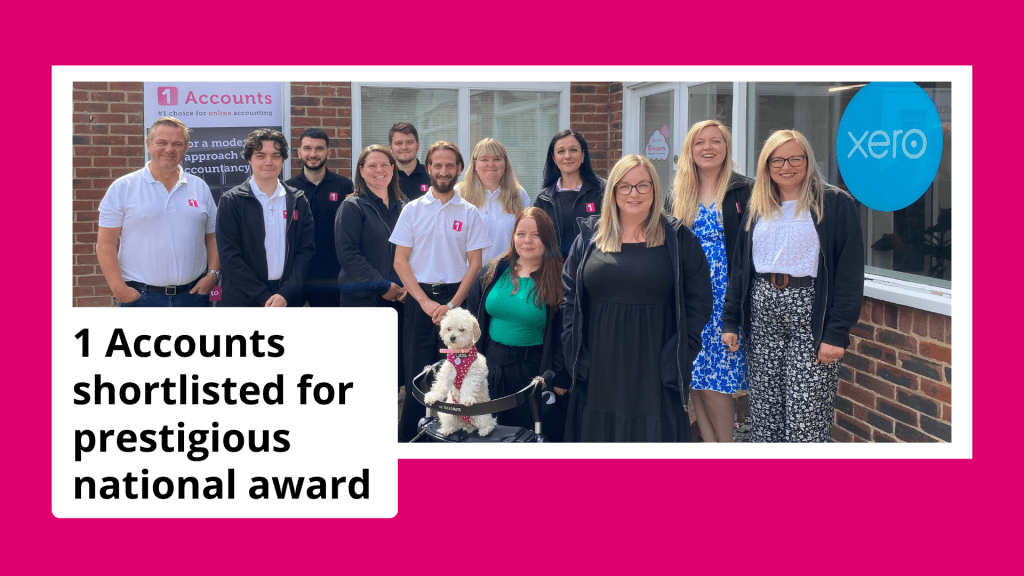
A commitment to supporting businesses through the pandemic has seen 1 Accounts shortlisted for a top national award. We have…

As we are in the middle of wedding season, it’s worth reminding everyone about marriage allowance. This extra bit of…
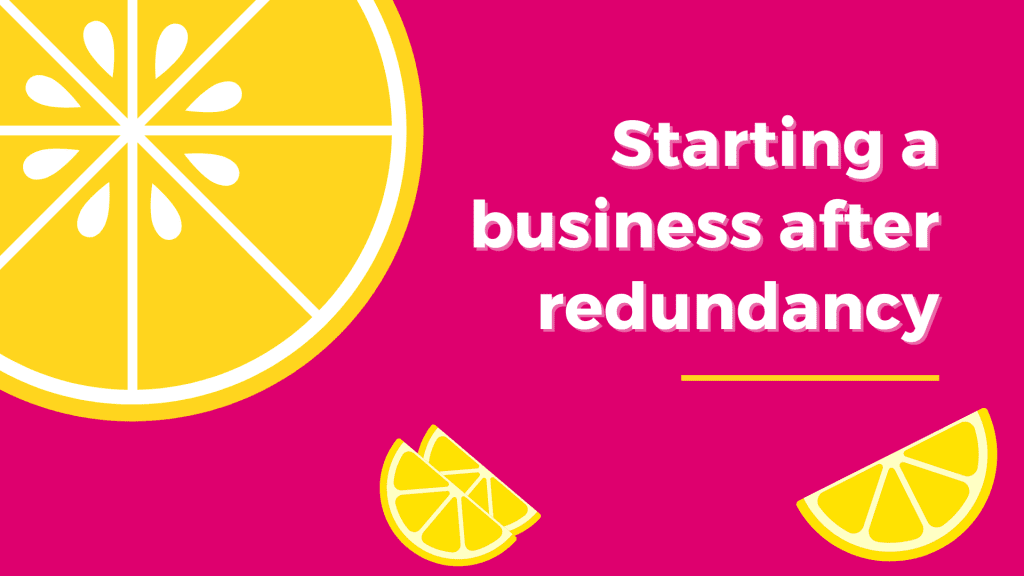
Facing redundancy can be incredibly challenging, but it could also be the perfect time to start a brand new career…